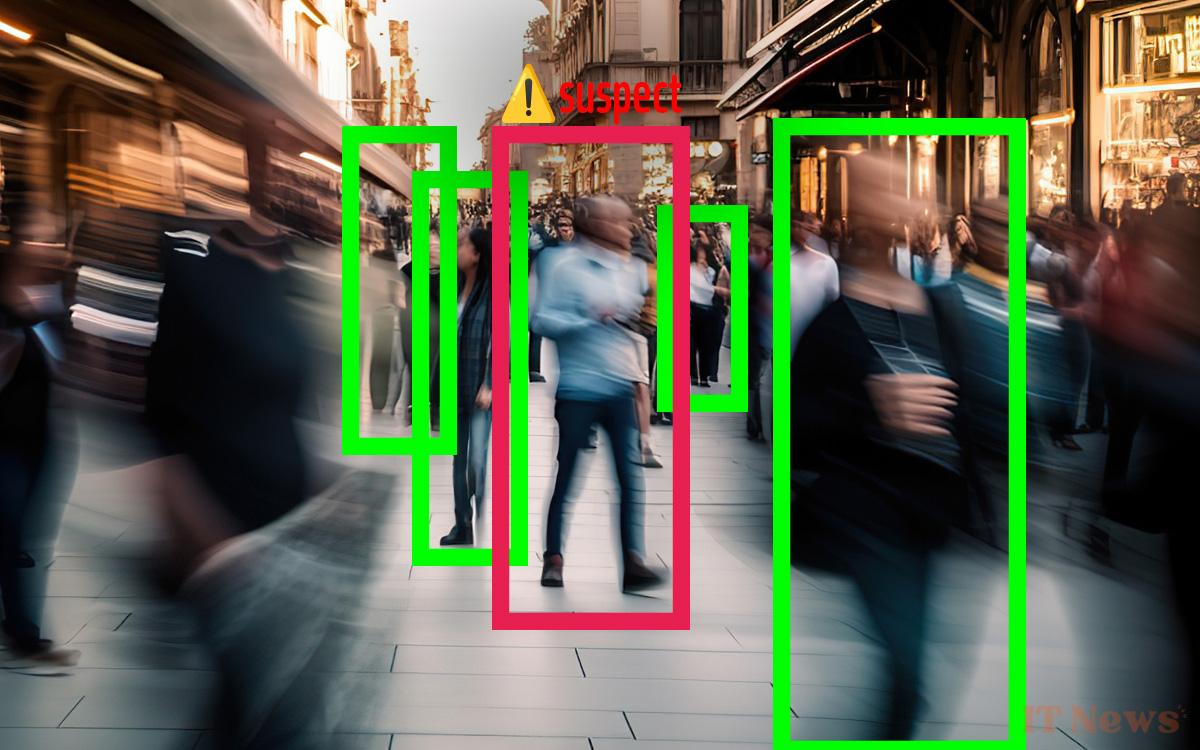Gérald Darmanin wants to authorize facial recognition in France, particularly to assist the police. A mass surveillance system that could trigger a worrying shift in citizens' rights. Here's what we know so far.
Gérald Darmanin could bring down one of the barriers protecting citizens' rights. The Minister of Justice now affirms that AI and facial recognition must be made available to the police. He explains (via Pix-Geeks): “Using technology and facial recognition are the solutions to drastically combat insecurity.”
A rather surprising speech, and not only because of the unprecedented nature of the use of these technologies – to carry out hyper-security mass surveillance. The Minister of Justice was indeed of the opposite opinion only two years ago. Since he then rejected any implementation of such algorithms.
Is it really reasonable to authorize live mass surveillance via AI?
It is obviously understandable that the subject of insecurity, increasingly central to the discourse of the political class, and the shift of the Overton window ever further to the right, is now forcing his hand a little. But the dangers are significant, especially in a context where authoritarian leaders have never been so close to being elected.
To limit the fairly significant risk of abuses, he intends to accompany the arrival of these live surveillance technologies with a specific framework. Recognition can already be used by law enforcement in certain cases and in a very limited way. AI can thus comb through hours of video searches as part of investigations.
This involves collecting images or biometric data of the suspect or wanted persons. This immediately poses a legal problem. In principle, the GDPR and the CNIL make this impossible, but there are a series of exceptions (explicit consent, person in danger of death, etc.). For live recognition, there was also the interlude of the Paris Olympics. An exceptional period during which several approaches were tested.
A sign that the idea is well on its way to becoming part of the landscape, the minister has just set up a working group. A step whose conclusions will serve as the basis for a future draft law. Its role will be to determine the authorized cases, the guarantees for citizens, and, more broadly, to outline the objectives of this tool.
It remains to be seen whether this law will be a sufficient barrier in the event that an election brings ideas contrary to the rule of law to the Élysée. After all, with such a tool, a dictator could easily persecute his political opponents himself. A “video game” that is sure to greatly entertain this kind of leader.




0 Comments